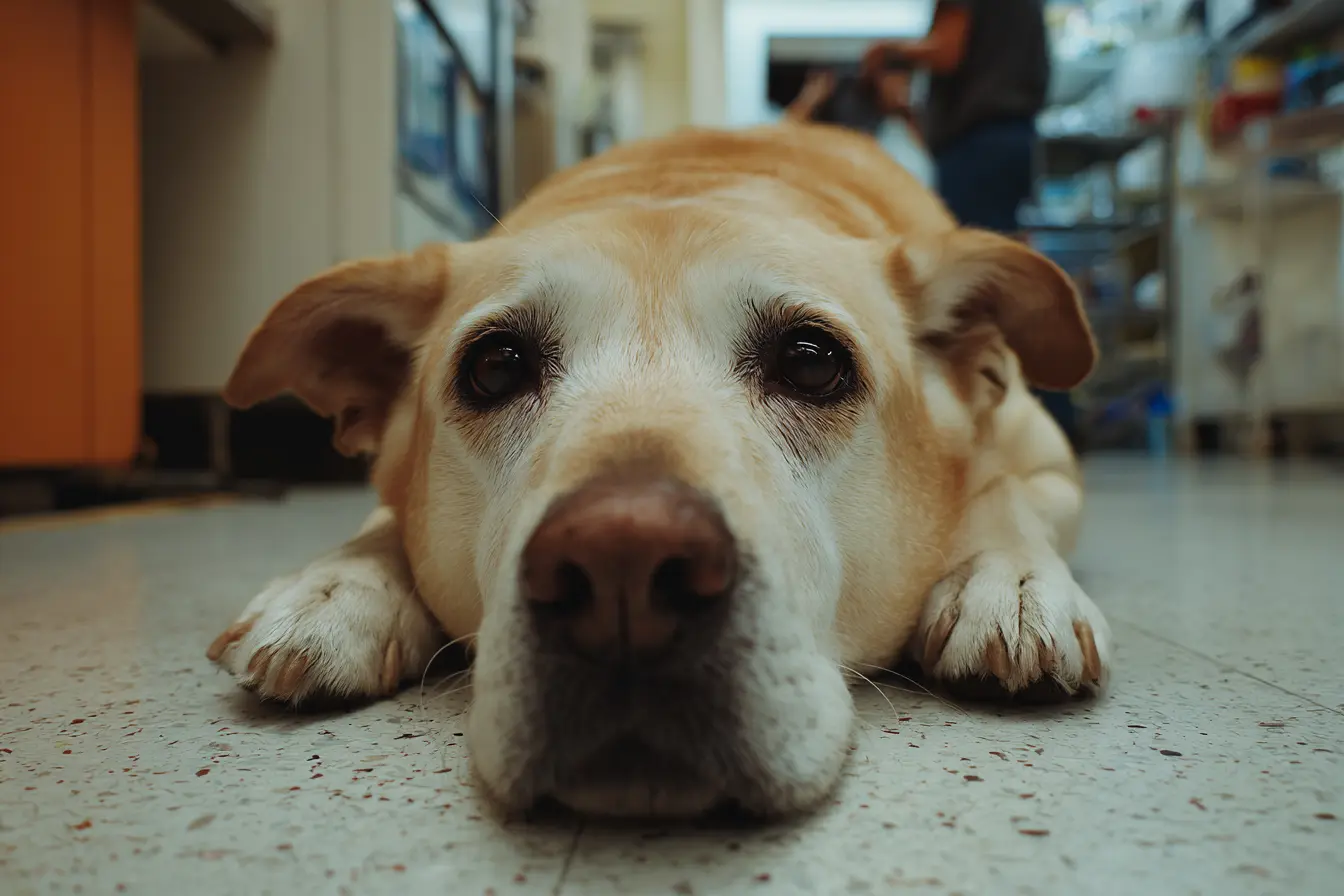
How Often Should Your Dog Visit the Vet?
How Often Should Your Dog Visit the Vet? A Complete Guide for Dog Owners
Regular veterinary care is one of the most important ways to keep your dog healthy and catch any potential problems early. But how often should your dog actually see the vet? The answer depends on their age, health, lifestyle, and medical history.
In this guide, we’ll cover everything dog owners need to know about vet visit schedules — from puppyhood to old age — and what to expect during those visits.
Why Regular Vet Visits Matter
Routine vet appointments allow you to:
- Monitor your dog’s overall health
- Detect early signs of illness
- Stay on top of vaccinations and parasite prevention
- Discuss behaviour, diet, and lifestyle changes
- Keep dental health in check
Preventative care often results in fewer emergencies and lower long-term costs.
Vet Visit Schedule by Life Stage
Puppies (Birth to 1 Year)
Puppies require frequent vet visits to ensure they’re growing properly and receiving all necessary vaccinations.
Typical schedule:
- Initial check-up at 6–8 weeks of age
- Vaccinations at 8, 10, and 12 weeks (core vaccines like distemper, parvovirus, and adenovirus)
- Booster vaccines around 16 weeks
- Flea and worming treatment every 2–4 weeks
- Microchipping (required by law in the UK by 8 weeks of age)
- Neutering discussion around 6 months
- Final health check around 12 months
Some breeds may require more frequent monitoring due to breed-specific concerns.
Adult Dogs (1 to 7 Years)
Once your dog reaches adulthood, they should visit the vet at least once a year for a general health check-up.
Annual check-up includes:
- Physical examination
- Vaccination boosters (depending on your vet’s schedule)
- Flea, tick, and worming treatment review
- Dental check
- Weight and diet assessment
- Discussion of behaviour or lifestyle changes
If your dog has any chronic conditions (e.g. skin allergies, arthritis, diabetes), more frequent visits may be necessary.
Senior Dogs (7+ Years)
Older dogs are more prone to age-related illnesses and should visit the vet more often — ideally every six months.
Senior check-ups typically involve:
- Full physical examination
- Blood and urine tests to check organ function
- Joint and mobility assessment
- Weight monitoring
- Review of diet and supplements
- Screening for age-related diseases (e.g. cancer, kidney issues, cognitive decline)
Catching problems early can significantly improve your dog’s quality of life in their later years.
When to See the Vet Outside of Routine Visits
Apart from scheduled check-ups, take your dog to the vet if you notice any of the following:
- Sudden changes in appetite or weight
- Persistent vomiting or diarrhoea
- Lethargy or unusual behaviour
- Coughing, sneezing, or laboured breathing
- Skin issues or excessive scratching
- Limping or difficulty moving
- Excessive drinking or urination
Trust your instincts — if something doesn’t seem right, it’s better to get it checked.
Final Thoughts
Every dog needs regular veterinary care, regardless of age or breed. Keeping up with scheduled check-ups and paying attention to changes in your dog’s behaviour or health can make all the difference. When in doubt, contact your vet — they’re your best partner in giving your dog a healthy, happy life.
Vets near you
Speciality vets
- Aquatics vet specialists
- Birds vet specialists
- Camelids vet specialists
- Cats vet specialists
- Cattle vet specialists
- Deer vet specialists
- Dogs vet specialists
- Equines vet specialists
- Exotic vet specialists
- Goats vet specialists
- Pigs vet specialists
- Poultry vet specialists
- Sheep vet specialists
- Small Mammals vet specialists
- Wild vet specialists
Vet facilities
- Accessible by public transport
- Blood testing
- Car park nearby
- Client car park
- Dentistry
- Diagnostic imaging
- Disabled public access
- Flea and worm treatments
- Microchipping
- Mobile services
- Neutering
- Open at weekends
- Out-of-hours service
- Referral interests
- Referrals only
- Street parking outside
- Toilets available
- Vaccinations